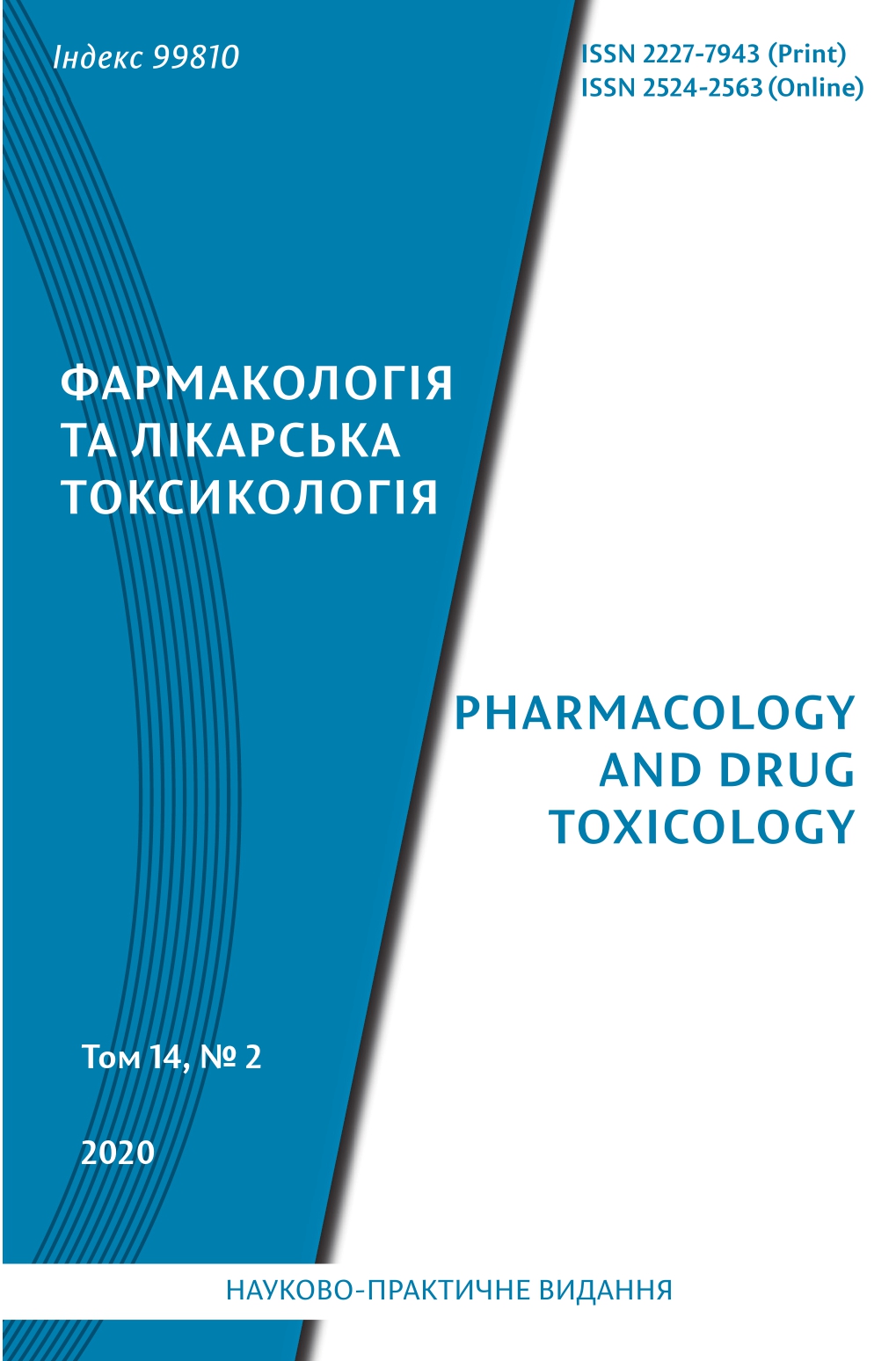Анотація
У статті наведено сучасні дані щодо клітинного сигнального шляху Wnt, який відіграє значну роль у регуляції гомеостазу та зумовлює низку злоякісних новоутворень за патологічної експресії його ланок. Зазначено основні, у тому числі патологічні, ланки передачі клітинних сигналів Wnt як мішені для пошуку таргетних протипухлинних засобів. Означено 3 етапи пошуку та вивчення таргетних препаратів щодо Wnt і стан їхнього розвитку в світі: – вивчення відносно шляху Wnt затверджених для клінічного використання за іншими показаннями препаратів (суліндак, целекоксиб, вітаміни А та Д, пірвіній, кверцетін, куркумін, ресвератрол та ін.); – доклінічні дослідження нових фізіологічно активних речовин з певною активністю щодо Wnt сигналінгу (XAV-939, GW55, G007-LK, G244-LM);
– клінічні випробування сполук, що виявили здатність впливати на Wnt сигналінг (LGK-974 (інгібітор поркупіну), ICG001, PRI-724, антитіла, що нейтралізують Wnt-ліганди та рецептори). Загальна думка онкофармакологів і клініцистів свідчить про перспективу одержання препаратів, здатних впливати на патологічну експресію шляху Wnt з більш високою активністю, ніж у класичних цитостатичних засобів.
